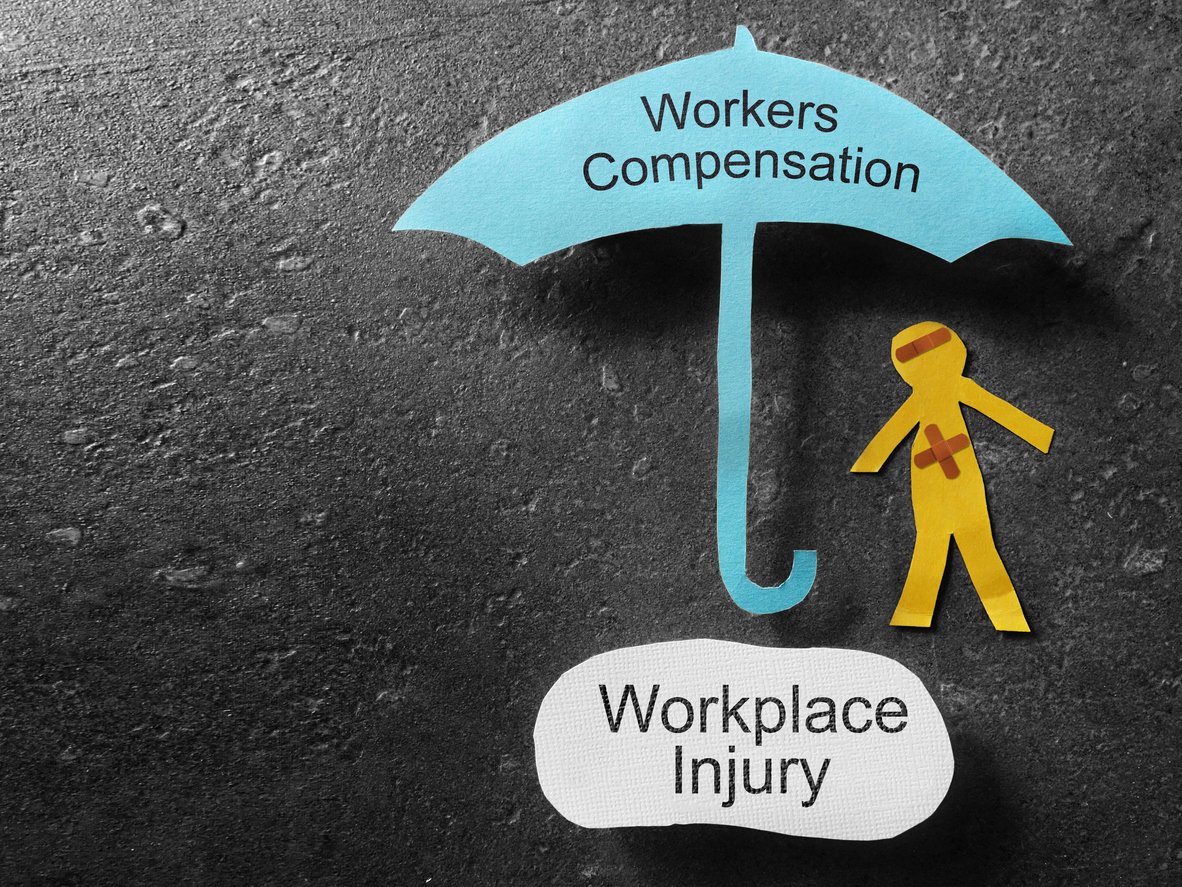
When Does a Medical Only Claim Become a Lost Time Claim?
Injuries are bound to happen in the workplace and cannot be prevented 100% of the time. However, it is important to understand the difference between a medical only and a lost time claim.
What is a medical only claim?
A medical only claim occurs when an injured employee receives treatment for an accepted work-related injury but is NOT losing any time from work or receiving reduced wages beyond the waiting period. A workers’ compensation waiting period consists of the number of days an employee must be off work before receiving wage-loss benefits.
The waiting period differs from state to state, so be sure to check your state’s requirements. An accepted claim signifies the adjuster has decided that the injury was work-related, and the adjuster can move forward with medical management/approvals for the claim.
The claim is denied if the injury is deemed to have taken place outside of the workplace or outside of the scope of employment. If the claim is denied, the adjuster must defend the claim and deny any request appropriately.
What are some examples of medical only claims?
There are different scenarios of medical only claims. It is important to note that an accepted work-related injury means that an event or exposure in the workplace either caused or contributed to the resulting condition or significantly aggravated a pre-existing injury or illness.
- An employee injured their knee while on the job. The employee goes to a provider for the knee injury and the claim is accepted. The doctor provides work restrictions outlining that the employee cannot lift, push, and/or pull any more than 10 pounds. The employer confirms that they can accommodate the light-duty restrictions without any break or change in work hours and/or wages.
- An injured employee sustains an accepted work injury and goes to the doctor one time for the alleged injury. The doctor does not give the employee any restrictions, nor is required to follow up for any additional treatment.
- An injured employee that has sustained a compensable work-related injury treats the injury for three months with physical therapy, doctor visits, and medication. The employer accommodates all restrictions without reduced hours or wages.
- An injured employee goes to a provider for an accepted work-related injury. The employee is recommended to stay off work for two days (the waiting period for jurisdiction is three days) and then return to work with restrictions. The claimant returns to work on day three with restrictions and continues to work.

What is the difference between medical only and lost time claims?
Medical only claims are accepted claims, implying the employee is seeking medical treatment without changes in wages and/or hours. A lost time claim occurs when there are wages the claimant is entitled to beyond the waiting period. There are five identifiers for lost time claims, Temporary Partial Disability (reduced wages), Temporary Total Disability (complete lost wages), Permanent Impairment/ Permanent Partial Disability (typically a percentage of ‘Loss of Use’), and Permanent Total Disability when an injury prevents the claimant from returning to work permanently.
There have been instances when a medical only claim becomes a lost time claim; however, the vice versa is not typically seen. The likelihood of a medical only claim becoming a lost time claim depends on the type of injury. If the employee undergoes conservative treatment and it is determined that they need increased treatment or increased restrictions, this could trigger reduced wages or complete lost wages. If this happens, the initial medical only claim now becomes a lost time claim.
What is covered by a medical only claim?
Every carrier has its own set of guidelines for treatments that can be covered under medical only claims. Some carriers consider any conservative treatment, such as six visits of physical therapy, x-rays, and 1 MRI to be medical only. If additional treatments are needed, the medical only claim could become a lost time claim, even if there are no reduced wages/loss of earnings. In some instances, carriers solely base medical only versus lost time on dollar limits or timeframe of treatment. If medical bills exceed $2,500.00, the claim becomes lost time, or they may state if the medical treatment exceeds six months, the claim becomes lost time. In this case, the carriers do not put limits on the type of treatment completed while coded as medical only.
What regulations surround a medical only claim and a lost time claim?
Currently, there are no regulations surrounding medical only handling, other than timeframes for review/approval of the treatment. For lost time claims, every state has its own specific guidelines for when a claim is due for lost time benefits and what the specific amounts are based on. Each state has its own website to outline the guidelines.
Handling workers’ compensation claims can be time-consuming and frustrating. There are many regulations and specifications to navigate and Veritas Administrators has a team of specialists with the industry knowledge and experience to navigate the challenges and provide top-notch service for the client.
To learn more about our ability to partner with you on your workers’ compensation claims, see our “Learn More” button, or feel free to request a phone call below.
